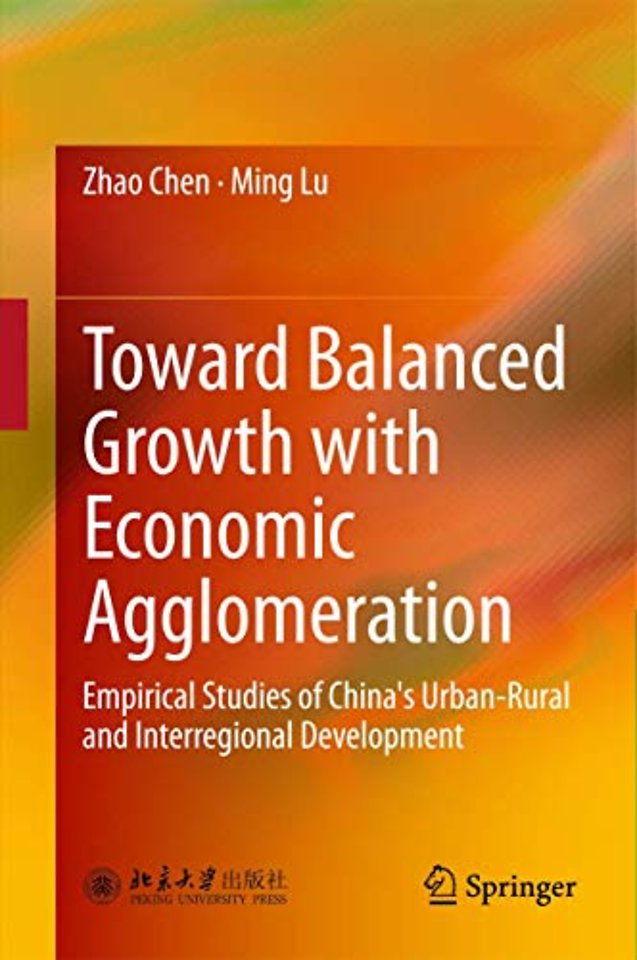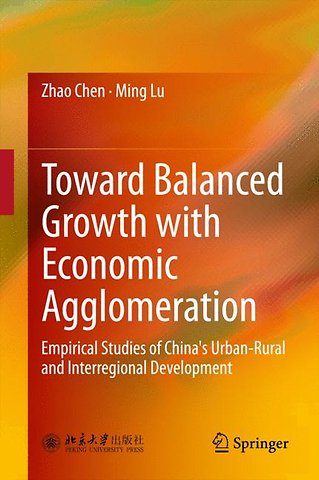Samenvatting
This book explains the relationships between equality and efficiency, as well as between government and market, in urban-rural and regional development by providing theoretical frameworks and empirical evidence. Urban-rural development in China is understood from a regional perspective, while the core issue of urban-rural and regional development is cross-regional resource reallocation driven by the trends of globalization, marketization and urbanization and their influence on growth and inequality. The book puts forward the following arguments: An urban-rural and regional balance should not be achieved by limiting agglomeration effects in eastern regions. For some time now, China has lacked a suitable mechanism to enable residents in underdeveloped and rural areas to share in the achievements of economic agglomeration. As a result, China should not slow down economic agglomeration and development in eastern regions simply by depending on administrative means to balance urban-rural and regional development. In the final analysis, arriving at a regional balance depends on growth in the eastern regions, provided a reasonable mechanism is implemented to enable inland areas to share in the development achievements of eastern regions. In turn, finding an urban-regional balance rests on urban development, as long as more rural workers can move to and prosper in cities.
Lezersrecensies
Inhoudsopgave
Anderen die dit kochten, kochten ook
Rubrieken
- advisering
- algemeen management
- coaching en trainen
- communicatie en media
- economie
- financieel management
- inkoop en logistiek
- internet en social media
- it-management / ict
- juridisch
- leiderschap
- marketing
- mens en maatschappij
- non-profit
- ondernemen
- organisatiekunde
- personal finance
- personeelsmanagement
- persoonlijke effectiviteit
- projectmanagement
- psychologie
- reclame en verkoop
- strategisch management
- verandermanagement
- werk en loopbaan







